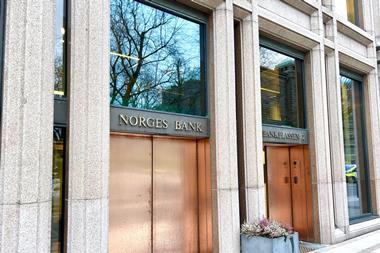Smart Pension has announced a new target of 75% for emissions reductions by 2030 for its default growth fund. The move came after Smart Pension realised it had achieved a 50% reduction in default growth fund emissions in 2022, which put the scheme two years ahead of its target.
Incorporating sustainability into its portfolio encouraged the fund’s new target, which is in alignment with one of this year’s COP 28 key focus points on slashing emissions before 2030, and is also well-ahead of the 2015 Paris Agreement goals, which includes reaching net zero by 2050.
Smart Pensions’ progress, however, is putting it on track to reach net zero by 2040.
The news comes after Smart Pension announced it had become the first UK pension scheme to offer customers a choice of three sustainable lifestyle investment strategies – renewable energy projects, clean water, and healthcare – in January 2023.
All the components that Smart Pension now uses across the three growth funds are Article 8 or 9 or equivalent through the Sustainable Finance Disclosure Regulation (SFDR), a technical standard by the European Commission.
Smart Pension continues to make progress in incorporating investments with a strong sustainability focus into its portfolio, it added.
Also this year, Smart Pension committed to removing commodity-driven deforestation from its main investment arrangements this summer, and in March it was approved by the Financial Reporting Council (FRC) as a signatory to the UK Stewardship Code 2020. It also became the first UK pension provider to halve the emissions of its default growth fund.
Paul Bucksey, Smart Pension’s chief investment officer, said: “The pension industry has a golden opportunity to drive faster decarbonisation, by investing in businesses that are serious about cutting their carbon emissions.”
Like Smart Pension, Transport for London (TfL) pension fund is also exceeding ambitious net zero targets. Just a few days ago, TfL’s latest Net Zero Carbon Journey update indicated that the scheme is on track to deliver its 2030 target.


















